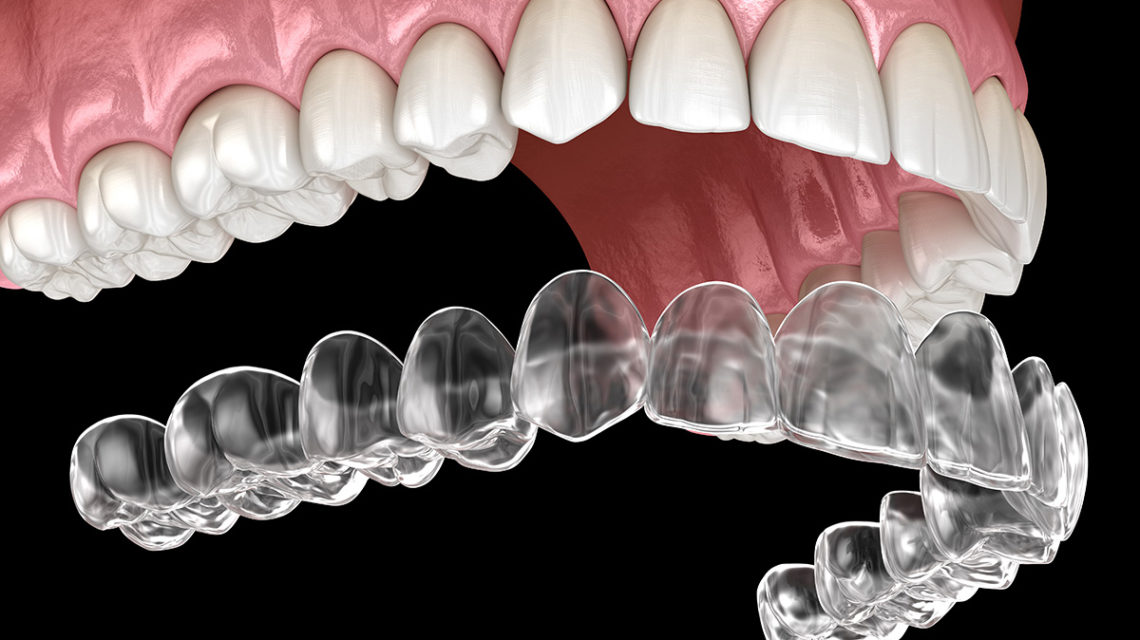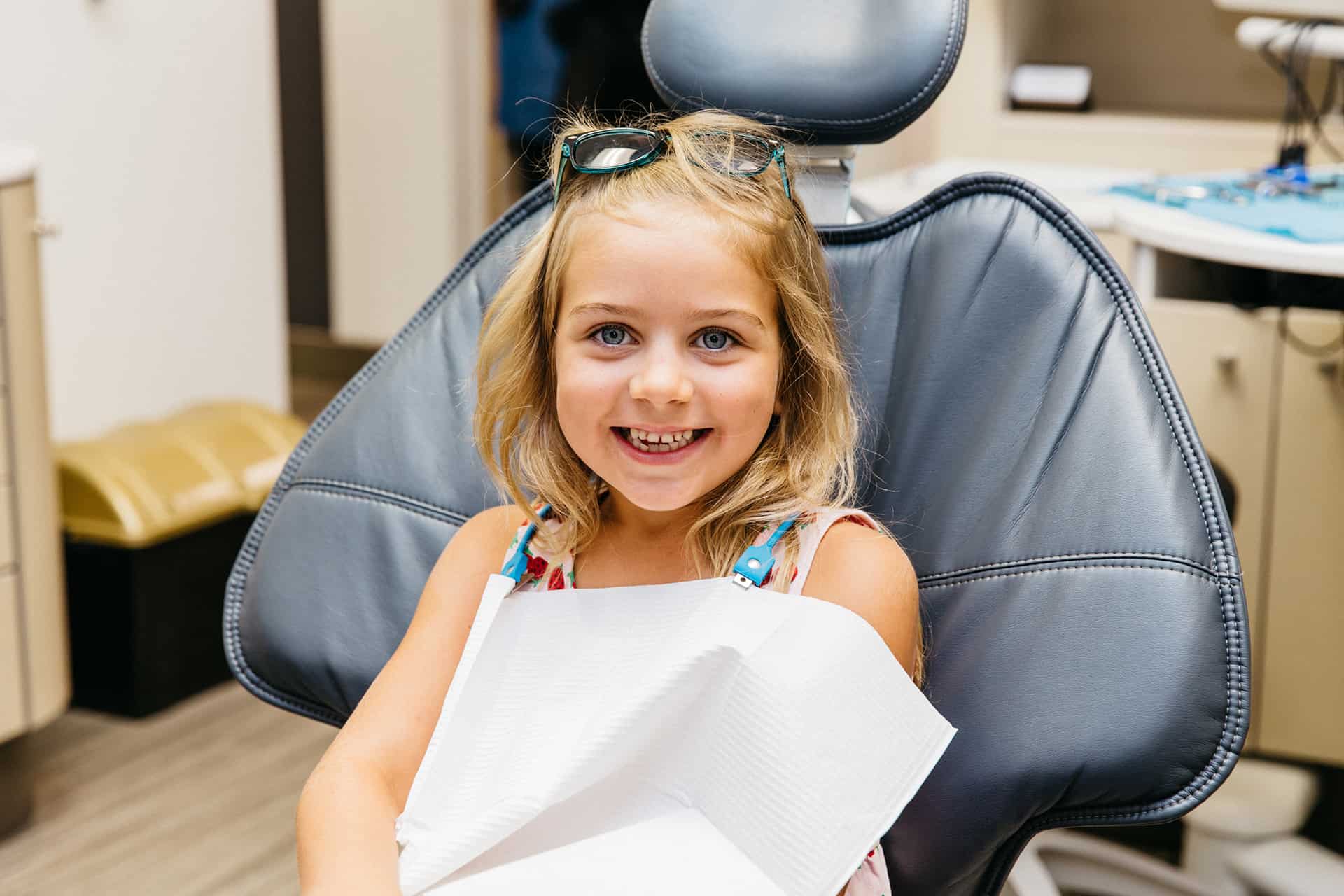October 9, 2021

When it comes to choosing between braces and Invisalign, the best choice is obvious: straighter teeth? What do we mean? Whether you’re a mature teen, adult or even a senior who has been living with crooked, misaligned or inconsistently spaced teeth, your first choice should be your best one: ask a dentist in Winnipeg to help you achieve a perfect smile while eliminating tooth and jaw pain, and preventing future dental hygiene and treatment challenges. When it comes to your second choice — Invisalign vs. braces — ask your dentist or orthodontist for their advice. Here is a handful of reasons many people find that Invisalign is the best choice for them. Are these reasons important to you?
Discrete
We know that when you think of braces you can’t help but picture “train tracks.” But try and put that image out of your mind. Invisalign renders those images obsolete and irrelevant. Invisalign straightens your teeth using clear, thermoplastic aligners. During your entire Invisalign treatment plan, you won’t have to tolerate a single metal wire or bracket on your teeth. The stigma that so many people faced for so long while wearing metal braces has been vanquished. Invisalign’s aligners are practically invisible to outside observers.
Removable
Once metal braces are attached to your teeth, you’re stuck with them for years until your orthodontic work is done. Every picture, every date, every kiss, every special occasion, and every job interview will feature those braces… not to mention every meal! If you opt for Invisalign in Winnipeg, you’ll have a very different experience. You can remove your aligners when you need to, as long as you wear them for 20 to 22 hours every day to keep your treatment plan moving. And you’ll always remove the aligners to eat, drink, brush, and floss.
Predictable
Thanks to advances in digital photography, dental imaging, and computer simulations, your treatment plan will include careful and step-by-step projections of every step in your transition toward straight teeth. You’ll know from the outset what your final result will look like, and you’ll leave your dentist’s office with a precise schedule of when you’ll switch from one aligner to the next as you get closer to your goal.
More comfortable
With metal braces, every follow-up appointment at your dentist involves removing and adjusting the wire and metal components of the braces. A dentist in Winnipeg will often remove all the wires so that they can clean your teeth, before making any necessary repairs and then re-placing those wires.
During your plan for Invisalign treatment in Winnipeg, you’ll attend appointments with your dentist in Winnipeg, but your appointments will be very different from the ones described above. During treatment with Invisalign near you, there are no wires to adjust, remove, repair, and replace. A dentist near you won’t need to remove your braces to clean your teeth, as we’ll explain. Your appointments will be shorter, easier, and more convenient.
Healthier
Why do orthodontists remove metal wires to clean your teeth during traditional orthodontic treatment? Because those metal wires and braces tend to get clogged up with food particles. Brushing those particles away from your braces is very difficult.
By eliminating those wires and braces, Invisalign has eliminated these problems with keeping your teeth clean. You’ll be able to brush and floss your teeth as if you weren’t wearing braces because you won’t be. You’re able to remove your aligners to brush and floss without any interference. This will keep your teeth and gums cleaner, your breath fresher, and your smile more confident.
Less painful
There’s an inherent risk to walking around with an arrangement of metal wires and brackets between and cemented to your teeth. Those wires and brackets poke and protrude against your gums and cheeks, where you may experience abrasions, irritation, and soreness. Orthodontic treatment with Invisalign in Winnipeg eliminates all that discomfort. Your aligners will fit snug against your teeth without any sharp edges or protrusions against the soft tissues in your mouth.
 1440 Jack Blick Ave #104, Winnipeg, MB R3G 0L4, Canada
1440 Jack Blick Ave #104, Winnipeg, MB R3G 0L4, Canada 204-774-2521
204-774-2521


